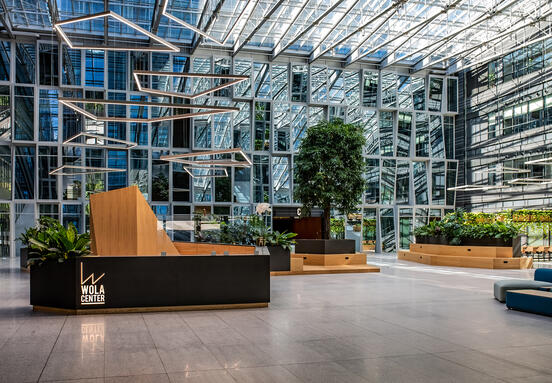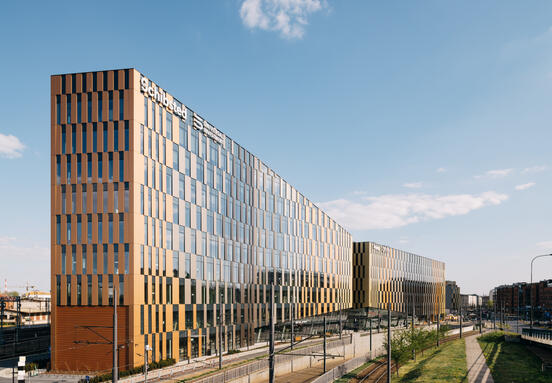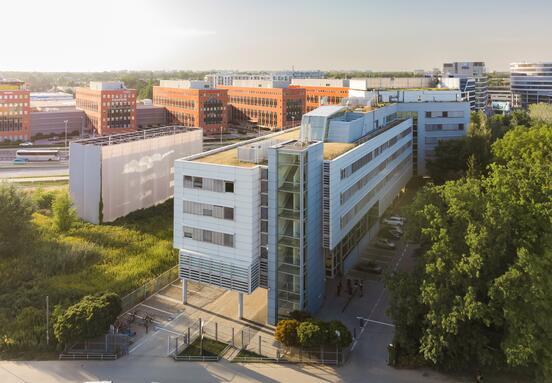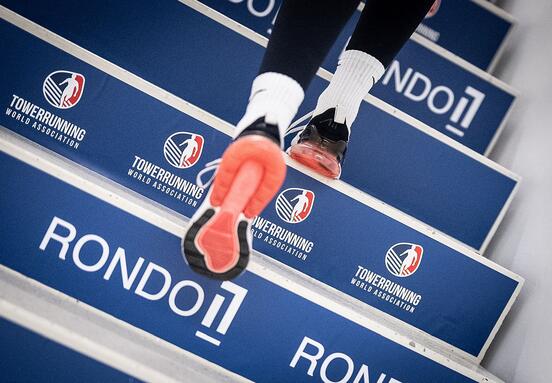Over 50 percent Polish office workers are currently working in a hybrid model. It is about 20 pp. more compared to the results of May 2021. Among the respondents, it is also invariably the most preferred style - as many as 70% would like to work in this way. respondents. Year on year, the number of people working only remotely decreased twice - from 16%. up to 8 percent
Working from the office is perceived as more productive and allows you to build a bond with other employees as well as with the company itself. Even hybrid employees, used to working partially from a location other than the office, perceive remote work as more difficult to organize - as much as 80 percent. of them believe that home office does not increase their efficiency and does not help them to complete their current tasks faster.
The new trend in the organization of hybrid work is also becoming clearer and clearer, namely the 50/50 format, i.e. a work week in the office, a work week at home.
Importantly, no one is questioning the legitimacy of working in the office anymore, which was questioned at the beginning of the pandemic. The office is the foundation of the healthy functioning of the company, both in the eyes of employees and employers. We will not soon experience significant changes in this area - comments Ewelina Kałużna, head of the strategic advisory team for jobs at Skanska office company and managing director of flex spaces in Business Link.
As Ewelina Kałużna points out, the growing popularity of hybrid work in Polish companies is evident.
It seems crucial to understand the most optimal hybrid shape in specific organizations. This is what employers should focus on, as well as developers creating new jobs and companies advising tenants in this area - adds Ewelina Kałużna.
According to the results of the Zymetria survey and the Skanska company, it is the group of hybrid employees who are most satisfied with their current work model - this was indicated by 95 percent. interviewed among them.
Younger office workers want to spend less time in the office compared to their older colleagues. The vast majority of employees, regardless of age, especially appreciate the possibility of interacting with other people, building relationships with colleagues, but also cultivating ties with the organization in which they work. The office supports this, incl. thanks to shared spaces.
The hybrid model becomes even more attractive if the subject has children. Parents showed particular interest - against the background of childless people - in the model of working week in the office / week at home. On the other hand, the childless are more likely to work only from home - they account for as much as 20 percent. in the group of employees who do not attend the office at all.
The study showed that the quality of the office is important in the decision-making process about the place of employment. Employees associate an office primarily with a comfortable space to which they like to come. Interestingly, employees who only work from home have positive associations with the office. There are also differences in the assessment of the office depending on the age of employees. The younger ones more often declare that it is a place where they simply like to be, but also to relax in it. The emotional relationship with the office is also stronger among employees from cities below 500,000. residents, despite the fact that those from the largest cities have greater access to first-class buildings - says Małgorzata Głos, partner at the Zymetria analytical and research company, responsible for the study.
87 percent office workers say that the quality of the office matters to them when choosing a new employer. Additionally, almost every fourth respondent declares that the location of the office may have an impact on their decision to accept or reject a job offer.
In the office, employees feel good and safe, but indicate the possibility of improvement in terms of privacy (e.g. space for individual work, in focus), or for conversations in which information subject to protection is exchanged. More and more often, they also mention rest zones as an important element of office space - emphasizes Ewelina Kałużna.
The needs of people who spend the entire week in the office and hybrid employees in the model of a week in the office, a week at home are different than those who work there only one day a week. Being in the office for several days in a row, an employee expects non-standard initiatives or those related to the possibility of rest.
Among the benefits most appreciated by employees in offices, free snacks (35%) are invariably in the first place. Massages (31%), innovation and access to new technologies in the office (30%), a separate space for relaxation (29%) and the organization of informal integration meetings (28%) are also highly rated.
The least popular are additional sports-related activities (including watching sports games together), as well as top-down, large meetings with the participation of all employees in the company.








